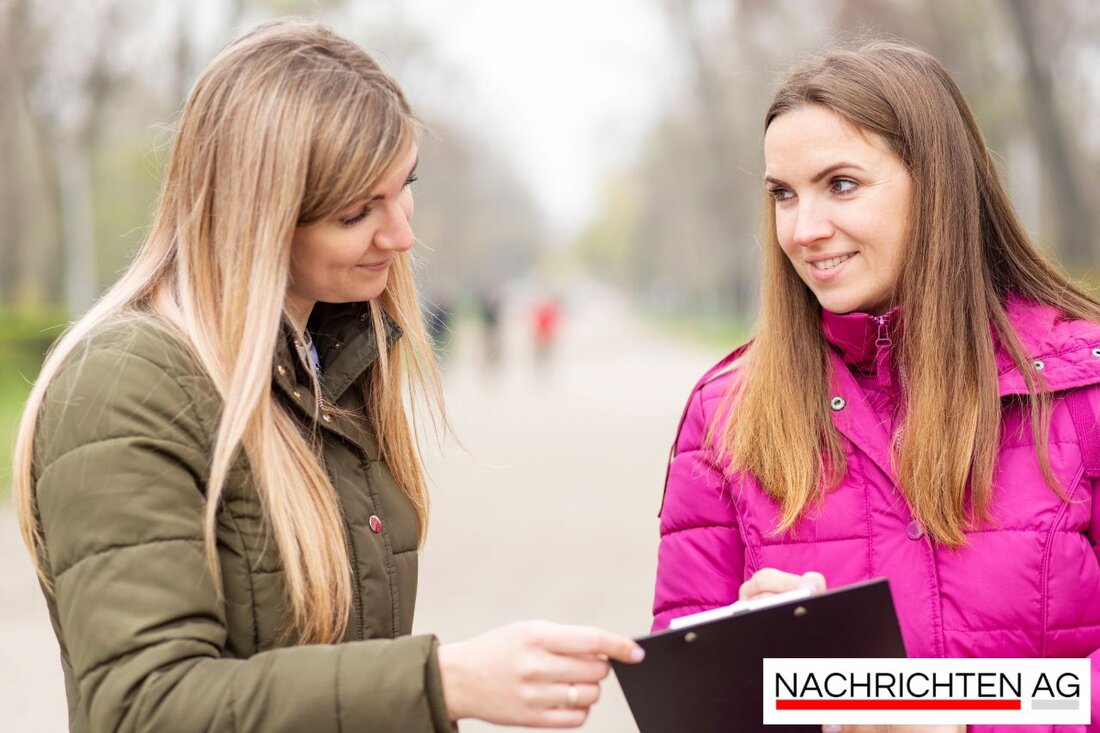Cities in the Braunschweig area: Clear plans against the next heat wave!
Goslar is planning new measures against heat: public drinking fountains, heat protection zones and green benches by 2025.

Cities in the Braunschweig area: Clear plans against the next heat wave!
The region has suffered from an intense heatwave recently and more hot days are on the way. Faced with these challenges, cities are looking for innovative solutions to make life easier for citizens on hot days. Regional today reports on various measures that are being implemented in several cities to counteract heat stress.
In Braunschweig, a cross-departmental discussion of the heat is taking place. The joint project Co-Adapted Braunschweig (COABS) was launched here, which has published concrete measures to improve the quality of life of citizens on hot days. A new map of so-called “cool places” will be created, including parks, shaded benches and drinking fountains. In addition, unused areas are converted into so-called pocket parks, while new buildings are equipped with sun protection devices and green roofs and facades. Local public transport stops will also be given weather protection and green roofs.
Cooling measures
In Goslar, it was decided to set up public drinking fountains at six locations in order to promote the possibility of free water consumption. The city also takes part in the “Refill Germany” initiative. Citizens can now access heat protection zones online and via the Goslar app, which is particularly important to support vulnerable groups. To further improve the quality of stay, three special, green benches will be purchased. Citizens are also actively involved: They can receive support in greening their properties until September 26, 2025.
Helmstedt relies on the principle of unsealing. Urban areas are being greened here, such as the Holzberg and Leuckartstrasse. Shade and tree planting are intended to provide cooling. Attention is also paid to ecological aspects: elements of the “sponge city” are being introduced to manage rainwater. There will also be drinking fountains on the Gröpern and at the new retail market.
Gifhorn is developing a climate adaptation concept (KlaK) that also includes citizen participation. An idea map for the location of drinking water wells will be made available by August 31, and a climate survey will also be conducted. Green sponsorships are intended to give citizens the opportunity to actively contribute to urban greenery.
Detect lack of cooling
It is also clear to the experts at the German Weather Service (DWD) that the problem of urban heat islands must be taken seriously. These heat islands are caused by various factors, such as the city's development and emissions. The temperatures in cities can differ significantly from those in the surrounding areas, which often even has negative effects on the health of the residents. Older people, small children and people with previous illnesses are particularly at risk. The DWD makes it clear that the lack of cooling at night can lead to difficulty concentrating and health risks, although the coolness of the night in urban areas is often not enough to counteract heat stress. City authorities are therefore called upon to actively counteract waste heat from air conditioning systems.
Wolfenbüttel has created a renovated pedestrian zone with green seating islands, while a drinking fountain has been installed at the city market in the city center. Here too, the city is participating in “Refill Germany”. Finally, Wolfsburg has convincing examples of climate protection: new standards for climate adaptation have been adopted, which entail massive investments in tree planting and drought-resistant plants. At the same time, the Kleistpark and Rathausplatz are being redesigned in order to promote environmentally friendly urban development.
The cities in the region are preparing themselves with a wide range of measures to meet the challenges of heat waves not only today but also in the future. It remains to be hoped that these initiatives will be well received and supported by citizens.
Those interested can find further information about long-term strategies for heat prevention on the platform Center for Climate Adaptation and in the DWD project “Heat Islands”. dwd.de.

 Suche
Suche
 Mein Konto
Mein Konto